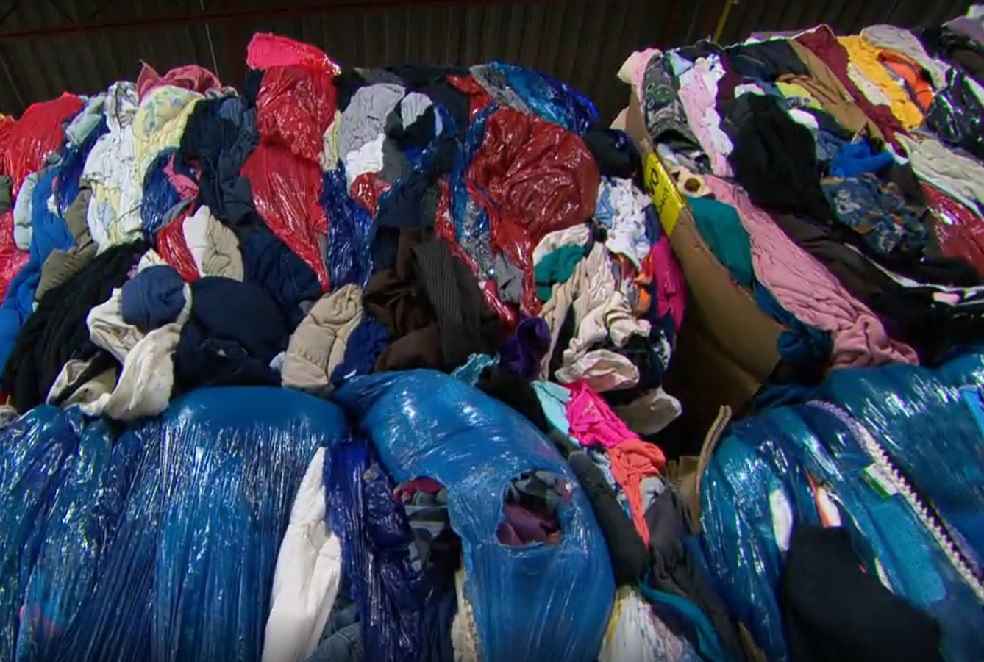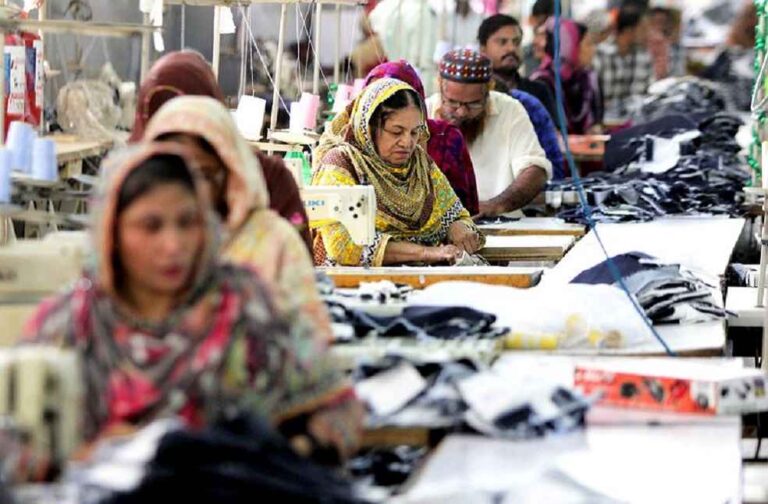Pakistan’s economy, once acclaimed for its rapidly developing textile industry, is encountering significant obstacles as the sector battles a global and domestic slowdown. As the economic conditions continue to deteriorate, the once vibrant textile sector, accounting for 60 percent of the country’s exports, has taken a substantial hit.
Emerging victorious from the Covid-19 pandemic, the textile industry had once enjoyed a resurgence, benefiting from expedited lifting of restrictions compared to regional competitors, India and Bangladesh. That period of prosperity appears a distant memory now, as the sector sees a sharp 15 percent dip in exports, falling to $16.5 billion for 2022-2023.
The disquieting state of the textile industry reverberates across Pakistan’s economy and workforce. The bleak picture becomes even clearer with reports of 25 to 30 percent of textile factories closing their doors, leading to an alarming elimination of about 700,000 jobs since the previous year.

Even though monetary assistance from IMF, Saudi Arabia, China, and the United Arab Emirates offer some respite, they only serve to deepen the nation’s debt.
Kamran Arshad, the Managing Director of Ghazi Fabrics International, raised concerns about this strategy. Rather than plunging further into debt, Arshad advises a focus on enhancing exports and creating a conducive climate for investors to promote industrial expansion.
The political turmoil of 2022, climaxing with Imran Khan’s ouster and subsequent arrest, led to economic downfalls hitting the textile industry.
Adding fuel to the fire, natural calamities have also had their toll. Devastating floods during the summer of 2022 caused an unprecedented dip in cotton production, while the government’s freeze on imports further hampered the textile sector’s recovery efforts.

The situation holds dire consequences for Pakistan’s labor force. With the decline of the textile industry, over 40 percent of the country’s 20 million industrial workers find their livelihoods at risk.
The journey to restoring Pakistan’s textile industry presents a convoluted path, affecting not just the country’s economic outlook but the fate of millions. The urgency to stabilize politics, optimize economic policies, and invest in lasting solutions has never been greater. A harmonized approach is the calling of the times to steer the industry out of these turbulent times.
Global Roundup | Textile Trade Opportunity Will Strengthen Bangladesh



